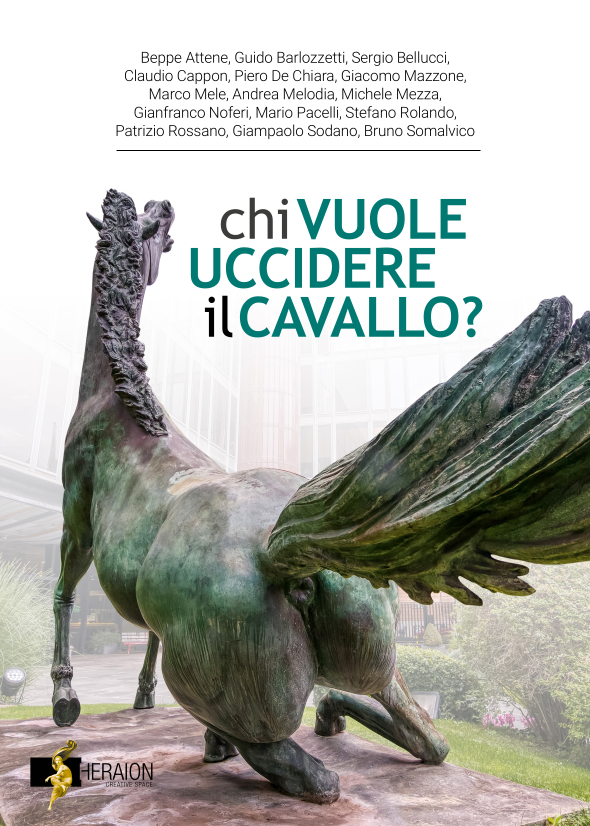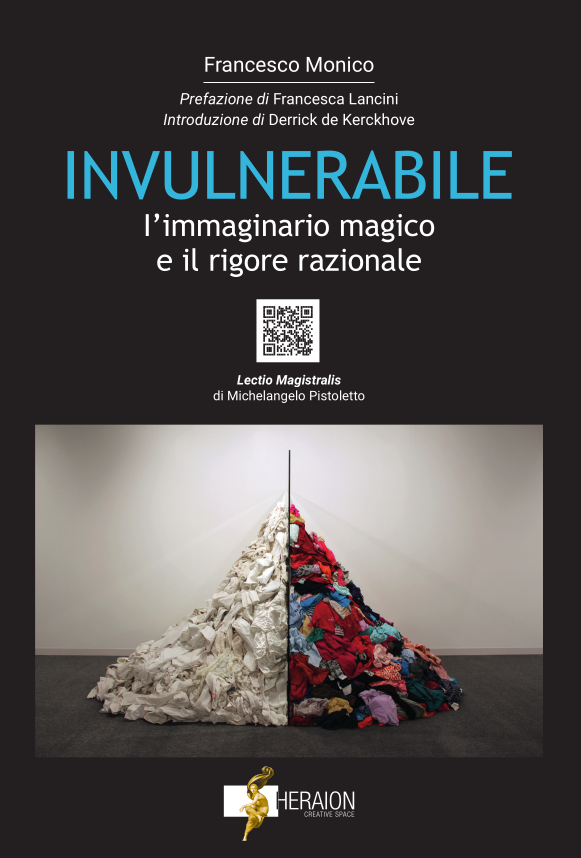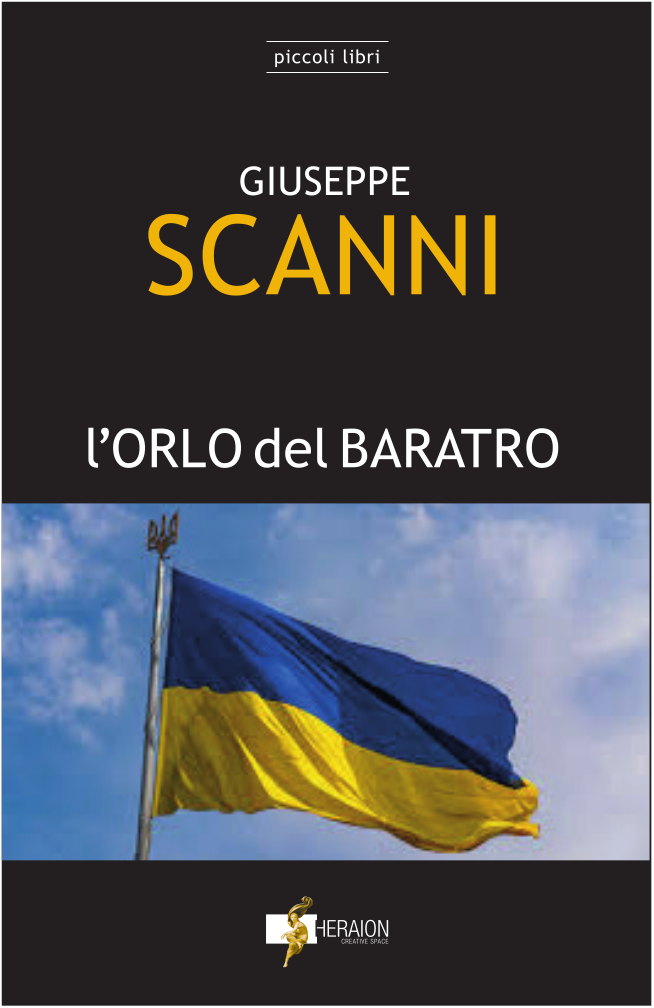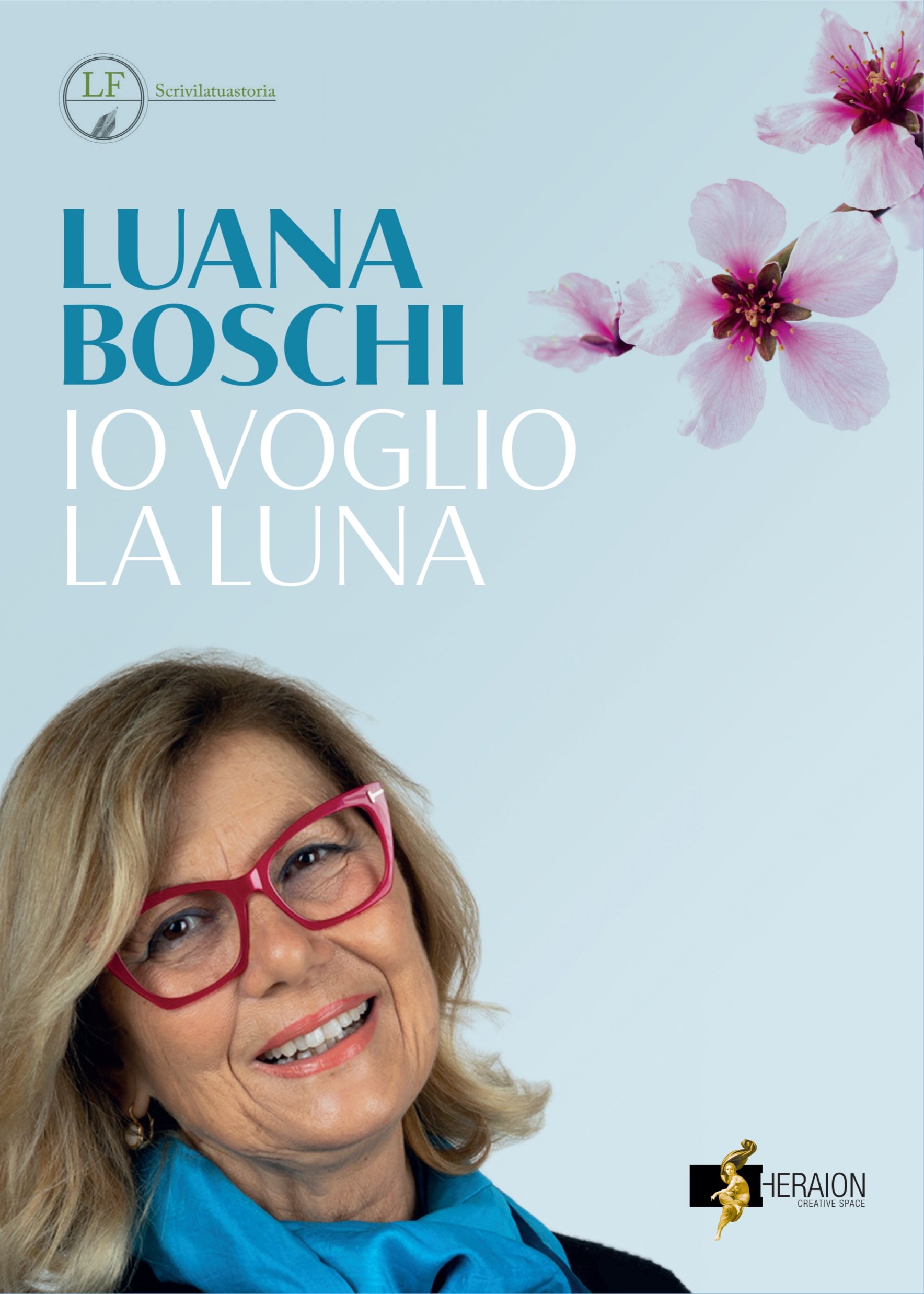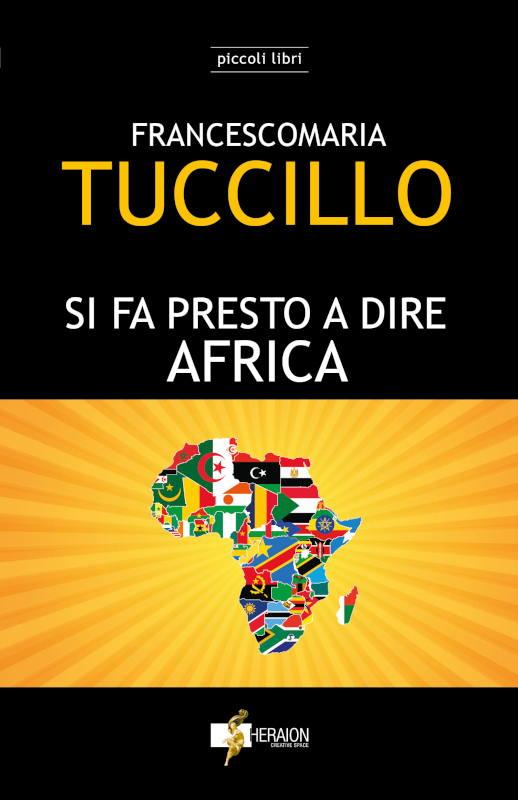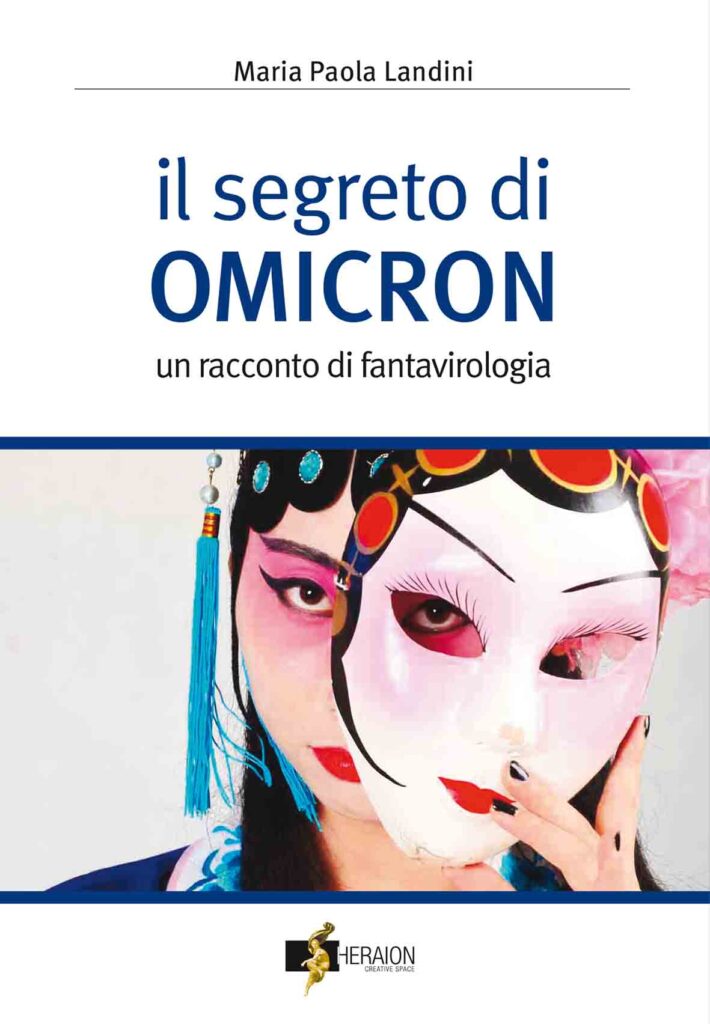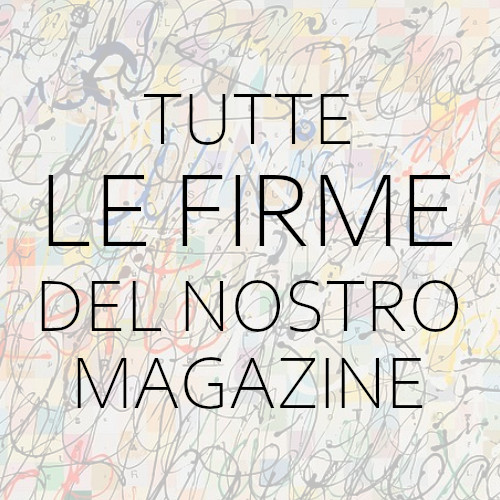The Rise of Modern Political Science
Part II
Abstract: L’articolo analizza le diverse risposte teoriche alla nascita dello Stato moderno. I monarchomachi, opposti a Bodin, sostenevanoo che la sovranità derivasse dal consenso popolare e non dal potere monarchico, legittimando la resistenza armata e persino il tirannicidio. François Hotman e Théodore Beza svilupparono una teoria contrattualistica basata su un doppio patto: uno religioso, tra popolo e Dio, e uno politico, tra popolo e sovrano. Johannes Althusius propose una visione federalista in cui la sovranità risiede nel popolo, espresso attraverso associazioni autonome come famiglia e municipalità. Il potere è amministrato da magistrati e da un corpo di controllo (gli efòri) che vigilano contro l’abuso di potere. In contrasto, Michel de Montaigne promosse una visione individualista e scettica, basata sul benessere personale, che portava a una separazione tra individuo e collettività e a una concezione passiva dell’obbedienza politica. Infine, la dottrina della “Ragion di Stato”, ispirata a Machiavelli, privilegiava l’interesse dello Stato sopra ogni altro principio. Giovanni Botero cercò di conciliare questa visione con i valori cristiani, proponendo una prudenza politica basata su virtù e risultati concreti. Antoine de Montchrestien integrò l’economia nella governance, mentre Gabriel Naudé giustificò azioni straordinarie del sovrano, come i colpi di Stato, in nome del bene comune.
Monarchomachs
One intellectual reaction to the rise of the modern State came from the Monarchomachs, a group of thinkers who, in contrast to Bodin, posited that popular consensus, rather than royal authority, should form the foundation of the State. They advocated for radical measures such as armed resistance and even tyrannicide to counter monarchical tyranny. The aim of this doctrine was to construct a “contractual” theory of the State, thereby justifying the Huguenots’ opposition to the French monarchy.
François Hotman (1524-1590) argued for the restoration of the people’s right, alongside the assembly of the States General, to choose the sovereign. He emphasized a crucial distinction between monarchy, which he saw as limited in duration, and sovereignty, understood as an eternal power of self-governance. Hotman’s largely secular perspective was complemented by the religious framework offered by Theodore Beza. Both thinkers agreed that the relationship between the sovereign and the people was governed by a dual pact. First, the people form a covenant with God, thereby becoming His chosen people and a mystical body. Only after this divine covenant could a second pact be established with the sovereign, who was obliged to respect a society founded on religious principles. To ensure accountability, a judiciary body known as the ephorate, representing the social body, was tasked with evaluating the king’s actions.
An alternative to Bodin’s monarchical model, rooted in federalist, naturalistic, and contractualistic principles, was advanced by the German jurist Johannes Althusius (1557-1638).
Althusius, regarded as the founder of modern natural law, is often seen as the first theorist of a “different Europe” that placed the people, rather than the sovereign, at the center of the State’s structure. He argued that the State itself is founded on a contractual relationship that binds the citizen to the ruler, with politics serving as the means of guiding and sustaining social life.
In Althusius’ view, sovereignty is not a personal attribute of the monarch but an inherent characteristic of the law, whose purpose is to preserve the political body. Sovereignty, therefore, fundamentally belongs to the people, who temporarily delegate it to their rulers. This framework underpinned Althusius’ justification of the Dutch revolt against Spanish rule, as he viewed popular sovereignty as paramount.
Althusius also emphasized the primacy of associations among individuals, which cannot be conflated with government. These associations precede the individual and form the foundation of a series of original and diverse consociative bodies, structured in an ascending order: family, guild or corporation, and municipality, marking the transition from private to public life. The key to understanding both public and private associations lies in a shared premise: each is based on a voluntary agreement and requires a rector or leader chosen by those involved. This analogy between public and private spheres was central to Althusius’ federalist vision.
At the same time, Althusius’ emphasis on the primacy of association leads to a rejection of political autonomy, as governance must always remain bound by civil, natural, and divine laws. The State’s principal role, therefore, is not to exercise unchecked authority but to defend and uphold the various associations that structure social life. These associations, which form the backbone of communal organization, must be recognized and preserved.
In Althusius’ model, sovereignty is closely tied to the administration of the people. No single office holds ultimate authority in the State. Instead, two key institutional figures are envisioned: a high magistrate and the ephors. The ephors, who represent the social body, are responsible for electing the supreme magistrate and serve a crucial oversight function to ensure that sovereign power is not usurped by those in government. This system ensures that political power remains with the people and cannot be expropriated by rulers.
Althusius is often aligned with the Monarchomachs, particularly in his belief in the right to oppose tyrants. He entrusted this responsibility to the ephors, whose specific role is to protect the community from tyranny, thus safeguarding the people’s sovereignty against potential abuses by those in power.
Michel de Montaigne and Libertinism
The Libertine movement in France, in contrast to Althusius’ associationist theory, advocated for a profound individual and spiritual renewal rooted in an implicit individualism that foreshadowed the ideas of Hobbes. Michel de Montaigne (1533–1592), often regarded as the intellectual father of Libertinism, embodied this shift. Montaigne introduced a modern perspective that centered on the subjectivity of the individual, marked by a healthy skepticism and a pragmatic focus on personal well-being. His philosophy stressed the importance of individual salvation, inner peace, and security as primary concerns.
Montaigne’s emphasis on individual salvation also influenced his views on political obedience. He legitimized obedience as a “guarantee” of social order, yet argued for a desacralization of the sovereign’s laws. In his view, laws were not divine or universal in nature but were anthropological constructs—mere tools of governance serving the interests of the ruler or the ruling class. As such, individuals had a duty to obey not because the laws reflected higher, universal principles, but because they ensured political stability and protected the interests of those in power.
This perspective led to a division between individual subjectivity and the body politic, fostering a conception of political life that was largely self-centered and detached. Montaigne’s view thus promoted a disengaged and, at times, self-serving approach to politics, where personal well-being and security took precedence overactive engagement with the collective or the State.
Reason of State’s political thinkers
One of the most influential political doctrines emerging from Italy and spreading throughout Europe during this period was the concept of Reason of State. The term, coined by the Italian Archbishop Giovanni della Casa in 1547, formed the basis for theories that prioritized the interests of the State as the ultimate guiding principle of political action. The origins of this doctrine can be traced back to Niccolò Machiavelli, whose ideas were later adopted by absolutist theorists to justify the unrestrained exercise of sovereign power.
Machiavelli’s philosophy posited that politics, while not completely severed from religion, must avoid drawing any form of weakness from it. He emphasized the separation of the useful from the ethical, arguing that political success often required decisions that transcended moral considerations. In this view, the preservation and expansion of State power were paramount, and the moral consequences of such actions were secondary.
A significant critique of this doctrine came from Giovanni Botero, a former Jesuit, who challenged Machiavelli’s stark realism. In contrast to Machiavelli, Botero sought to reconcile the worldly authority of military and political power with the spiritual authority of faith, promoting what he viewed as the essential virtues of a Christian ruler. In his work Della Ragion di Stato (On the Reason of State, 1589), Botero outlined the techniques necessary for a prince to maintain control over the State, emphasizing political prudence as a guiding principle.
For Botero, political prudence was not a science but a practice, one that required rulers to act not only in accordance with virtue but with an understanding of the real-world consequences of their actions. He highlighted acts of liberality towards the poor as an example—while this practice aligned with Christian teachings, it was also a strategic means to secure and sustain popular consent, illustrating how moral actions could produce tangible political benefits.
The flexibility of behaviour, according to Botero, is not simply a private virtue aimed at consolidating personal power, but rather an expression of public authority that integrates philosophical, historical, geographical, and religious insights. The primary objective of political action—governing—does not exist for its own sake, but is deeply intertwined with Christian commandments, aimed at preserving society economically and socially. Botero argued that the prince must directly regulate this governance, drawing inspiration from Christian law to fulfil the role of a just ruler.
A key aspect of Botero’s theory is his method of evaluating the power of the State. He proposed that a State’s strength is not determined solely by military might or political influence, but by favourable geographic and economic conditions, such as fertile land and efficient transportation networks. By conducting a thorough analysis of public and private wealth, Botero positioned himself as a pioneer of the Science of the State, exploring the most effective means to secure economic prosperity.
This focus on economic governance was echoed by Antoine de Montchrestien (ca. 1575–1621), who similarly advocated for an economic approach to politics. Montchrestien believed that effective governance could increase individual profit through the production and circulation of goods, which, in turn, would maintain social order by distributing wealth across all classes. He identified three critical elements for fostering this economic progress: privileging agricultural workers, adopting protectionist policies to shield national industries from foreign competition, and encouraging internal competition.
An “extreme” interpretation of Reason of State was presented by the French thinker Gabriel Naudé in his 1639 work, Political Considerations on Coups d’État. Following Machiavelli’s political realism, Naudé argued that a coup d’état, while a severe violation of common law, could be justified in the pursuit of the common good. He contended that the prince’s primary duty was to ensure the safety and well-being of his subjects. In cases where this well-being was under threat, the prince might be compelled to override all laws, ethical norms, or religious principles if adhering to them would result in greater harm. In such extreme circumstances, the prince’s authority could become absolute, with his actions justified by necessity.



